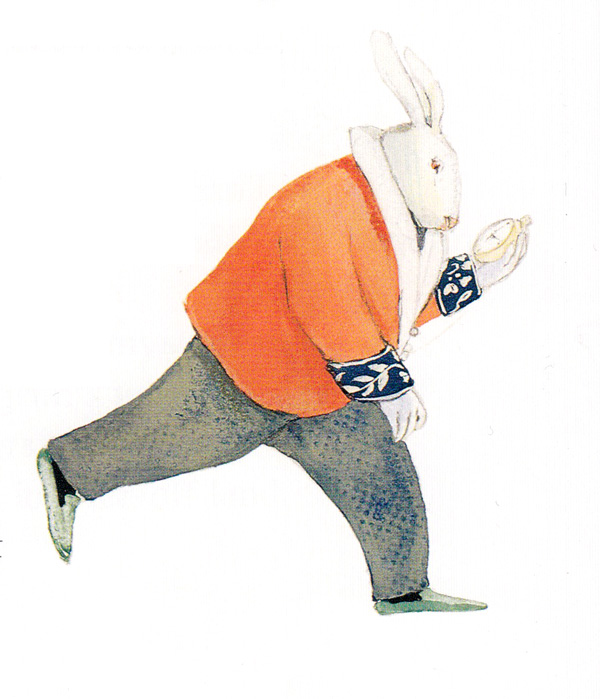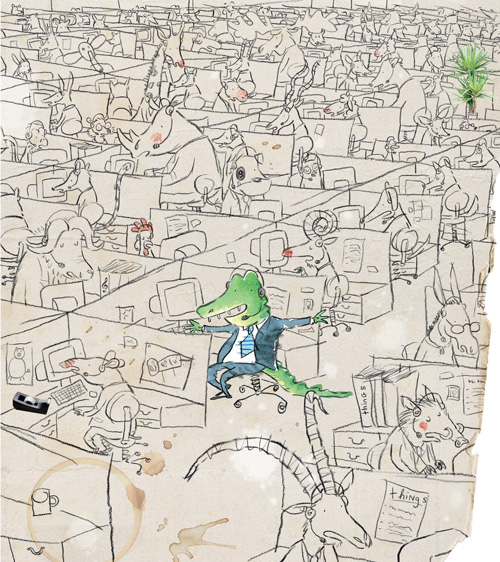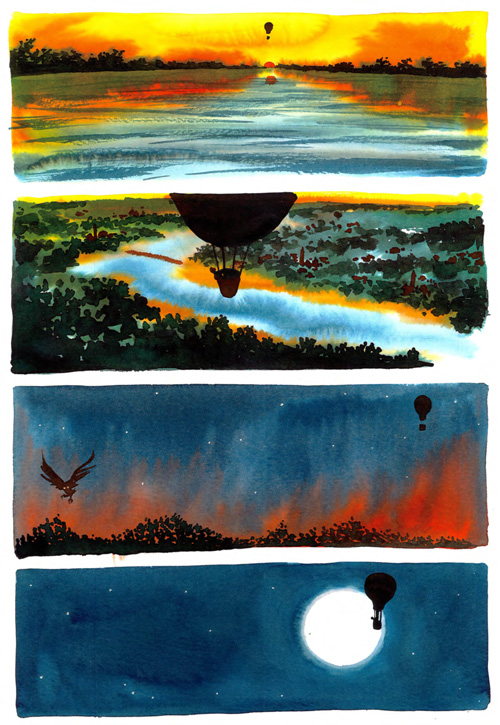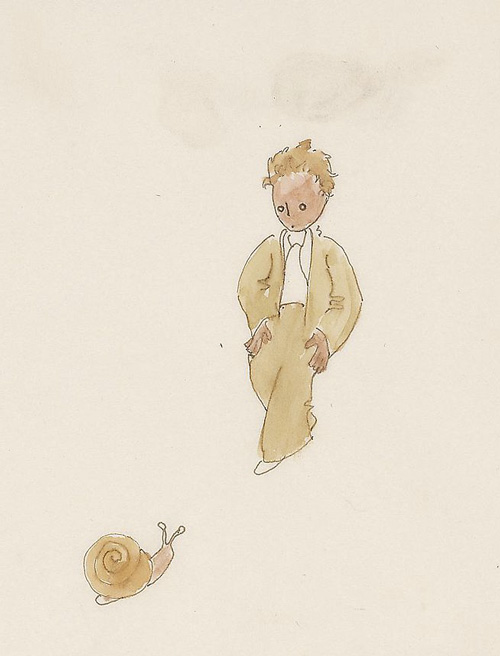The Shortness of Life: Seneca on Busyness and the Art of Living Wide Rather Than Living Long
SPIRITUALITY, 19 Jan 2015
Maria Popova, Brain Pickings – TRANSCEND Media Service
“The greatest obstacle to living is expectancy, which hangs upon tomorrow and loses today… The whole future lies in uncertainty: live immediately.”
“How we spend our days,” Annie Dillard memorably wrote in her soul-stretching meditation on the life of presence, “is, of course, how we spend our lives.” And yet most of us spend our days in what Kierkegaard believed to be our greatest source of unhappiness — a refusal to recognize that “busy is a decision” and that presence is infinitely more rewarding than productivity. I frequently worry that being productive is the surest way to lull ourselves into a trance of passivity and busyness the greatest distraction from living, as we coast through our lives day after day, showing up for our obligations but being absent from our selves, mistaking the doing for the being.
Despite a steadily swelling human life expectancy, these concerns seem more urgent than ever — and yet they are hardly unique to our age. In fact, they go as far back as the record of human experience and endeavor. It is unsurprising, then, that the best treatment of the subject is also among the oldest: Roman philosopher Seneca’s spectacular 2,000-year-old treatise On the Shortness of Life (public library) — a poignant reminder of what we so deeply intuit yet so easily forget and so chronically fail to put into practice.
Seneca writes:
It is not that we have a short time to live, but that we waste a lot of it. Life is long enough, and a sufficiently generous amount has been given to us for the highest achievements if it were all well invested. But when it is wasted in heedless luxury and spent on no good activity, we are forced at last by death’s final constraint to realize that it has passed away before we knew it was passing. So it is: we are not given a short life but we make it short, and we are not ill-supplied but wasteful of it… Life is long if you know how to use it.
Millennia before the now-tired adage that “time is money,” Seneca cautions that we fail to treat time as a valuable resource, even though it is arguably our most precious and least renewable one:
People are frugal in guarding their personal property; but as soon as it comes to squandering time they are most wasteful of the one thing in which it is right to be stingy.
To those who so squander their time, he offers an unambiguous admonition:
You are living as if destined to live for ever; your own frailty never occurs to you; you don’t notice how much time has already passed, but squander it as though you had a full and overflowing supply — though all the while that very day which you are devoting to somebody or something may be your last. You act like mortals in all that you fear, and like immortals in all that you desire… How late it is to begin really to live just when life must end! How stupid to forget our mortality, and put off sensible plans to our fiftieth and sixtieth years, aiming to begin life from a point at which few have arrived!
Nineteen centuries later, Bertrand Russell, another of humanity’s greatest minds, lamented rhetorically, “What will be the good of the conquest of leisure and health, if no one remembers how to use them?” But even Seneca, writing in the first century, saw busyness — that dual demon of distraction and preoccupation — as an addiction that stands in the way of mastering the art of living:
No activity can be successfully pursued by an individual who is preoccupied … since the mind when distracted absorbs nothing deeply, but rejects everything which is, so to speak, crammed into it. Living is the least important activity of the preoccupied man; yet there is nothing which is harder to learn… Learning how to live takes a whole life, and, which may surprise you more, it takes a whole life to learn how to die.
In our habitual compulsion to ensure that the next moment contains what this one lacks, Seneca suggests, we manage to become, as another wise man put it, “accomplished fugitives from ourselves.” Seneca writes:
Everyone hustles his life along, and is troubled by a longing for the future and weariness of the present. But the man who … organizes every day as though it were his last, neither longs for nor fears the next day… Nothing can be taken from this life, and you can only add to it as if giving to a man who is already full and satisfied food which he does not want but can hold. So you must not think a man has lived long because he has white hair and wrinkles: he has not lived long, just existed long. For suppose you should think that a man had had a long voyage who had been caught in a raging storm as he left harbor, and carried hither and thither and driven round and round in a circle by the rage of opposing winds? He did not have a long voyage, just a long tossing about.
Seneca is particularly skeptical of the double-edged sword of achievement and ambition — something David Foster Wallace would later eloquently censure — which causes us to steep in our cesspool of insecurity, dissatisfaction, and clinging:
It is inevitable that life will be not just very short but very miserable for those who acquire by great toil what they must keep by greater toil. They achieve what they want laboriously; they possess what they have achieved anxiously; and meanwhile they take no account of time that will never more return. New preoccupations take the place of the old, hope excites more hope and ambition more ambition. They do not look for an end to their misery, but simply change the reason for it.
This, Seneca cautions, is tenfold more toxic for the soul when one is working for the man, as it were, and toiling away toward goals laid out by another:
Indeed the state of all who are preoccupied is wretched, but the most wretched are those who are toiling not even at their own preoccupations, but must regulate their sleep by another’s, and their walk by another’s pace, and obey orders in those freest of all things, loving and hating. If such people want to know how short their lives are, let them reflect how small a portion is their own.
In one particularly prescient aside, Seneca makes a remark that crystallizes what is really at stake when a person asks, not to mention demands, another’s time — an admonition that applies with poignant precision to the modern malady of incessant meeting requests and the rather violating barrage of People Wanting Things:
All those who call you to themselves draw you away from yourself.
[…]
I am always surprised to see some people demanding the time of others and meeting a most obliging response. Both sides have in view the reason for which the time is asked and neither regards the time itself — as if nothing there is being asked for and nothing given. They are trifling with life’s most precious commodity, being deceived because it is an intangible thing, not open to inspection and therefore reckoned very cheap — in fact, almost without any value.
He suggests that protecting our time is essential self-care, and the opposite a dangerous form of self-neglect:
Nobody works out the value of time: men use it lavishly as if it cost nothing… We have to be more careful in preserving what will cease at an unknown point.
He captures what a perilous form of self-hypnosis our trance of busyness is:
No one will bring back the years; no one will restore you to yourself. Life will follow the path it began to take, and will neither reverse nor check its course. It will cause no commotion to remind you of its swiftness, but glide on quietly. It will not lengthen itself for a king’s command or a people’s favor. As it started out on its first day, so it will run on, nowhere pausing or turning aside. What will be the outcome? You have been preoccupied while life hastens on. Meanwhile death will arrive, and you have no choice in making yourself available for that.
But even “more idiotic,” to use his unambiguous language, than keeping ourselves busy is indulging the vice of procrastination — not the productivity-related kind, but the existential kind, that limiting longing for certainty and guarantees, which causes us to obsessively plan and chronically put off pursuing our greatest aspirations and living our greatest truths on the pretext that the future will somehow provide a more favorable backdrop:
Putting things off is the biggest waste of life: it snatches away each day as it comes, and denies us the present by promising the future. The greatest obstacle to living is expectancy, which hangs upon tomorrow and loses today. You are arranging what lies in Fortune’s control, and abandoning what lies in yours. What are you looking at? To what goal are you straining? The whole future lies in uncertainty: live immediately.
Seneca reframes this with an apt metaphor:
You must match time’s swiftness with your speed in using it, and you must drink quickly as though from a rapid stream that will not always flow… Just as travelers are beguiled by conversation or reading or some profound meditation, and find they have arrived at their destination before they knew they were approaching it; so it is with this unceasing and extremely fast-moving journey of life, which waking or sleeping we make at the same pace — the preoccupied become aware of it only when it is over.
Perhaps unsurprisingly, given his own occupation, Seneca points to the study of philosophy as the only worthwhile occupation of the mind and spirit — an invaluable teacher that helps us learn how to inhabit our own selves fully in this “brief and transient spell” of existence and expands our short lives sideways, so that we may live wide rather than long. He writes:
Of all people only those are at leisure who make time for philosophy, only those are really alive. For they not only keep a good watch over their own lifetimes, but they annex every age to theirs. All the years that have passed before them are added to their own. Unless we are very ungrateful, all those distinguished founders of holy creeds were born for us and prepared for us a way of life. By the toil of others we are led into the presence of things which have been brought from darkness into light.
[…]
From them you can take whatever you wish: it will not be their fault if you do not take your fill from them. What happiness, what a fine old age awaits the man who has made himself a client of these! He will have friends whose advice he can ask on the most important or the most trivial matters, whom he can consult daily about himself, who will tell him the truth without insulting him and praise him without flattery, who will offer him a pattern on which to model himself.
Perhaps most poignantly, however, Seneca suggests that philosophy offers a kind of spiritual reparenting to those of us who didn’t win the lottery of existence and didn’t benefit from the kind of nurturing, sound, fully present parenting that is so essential to the cultivation of inner wholeness:
We are in the habit of saying that it was not in our power to choose the parents who were allotted to us, that they were given to us by chance. But we can choose whose children we would like to be. There are households of the noblest intellects: choose the one into which you wish to be adopted, and you will inherit not only their name but their property too. Nor will this property need to be guarded meanly or grudgingly: the more it is shared out, the greater it will become. These will offer you a path to immortality and raise you to a point from which no one is cast down. This is the only way to prolong mortality — even to convert it to immortality.
On the Shortness of Life is a sublime read in its pithy totality. Complement it with some Montaigne’s timeless lessons on the art of living and Alan Watts on how to live with presence.
_______________________________
Brain Pickings is the brain child of Maria Popova, an interestingness hunter-gatherer and curious mind at large obsessed with combinatorial creativity who also writes for Wired UK and The Atlantic, among others, and is an MIT Futures of Entertainment Fellow. She has gotten occasional help from a handful of guest contributors.
Go to Original – brainpickings.org
DISCLAIMER: The statements, views and opinions expressed in pieces republished here are solely those of the authors and do not necessarily represent those of TMS. In accordance with title 17 U.S.C. section 107, this material is distributed without profit to those who have expressed a prior interest in receiving the included information for research and educational purposes. TMS has no affiliation whatsoever with the originator of this article nor is TMS endorsed or sponsored by the originator. “GO TO ORIGINAL” links are provided as a convenience to our readers and allow for verification of authenticity. However, as originating pages are often updated by their originating host sites, the versions posted may not match the versions our readers view when clicking the “GO TO ORIGINAL” links. This site contains copyrighted material the use of which has not always been specifically authorized by the copyright owner. We are making such material available in our efforts to advance understanding of environmental, political, human rights, economic, democracy, scientific, and social justice issues, etc. We believe this constitutes a ‘fair use’ of any such copyrighted material as provided for in section 107 of the US Copyright Law. In accordance with Title 17 U.S.C. Section 107, the material on this site is distributed without profit to those who have expressed a prior interest in receiving the included information for research and educational purposes. For more information go to: http://www.law.cornell.edu/uscode/17/107.shtml. If you wish to use copyrighted material from this site for purposes of your own that go beyond ‘fair use’, you must obtain permission from the copyright owner.



